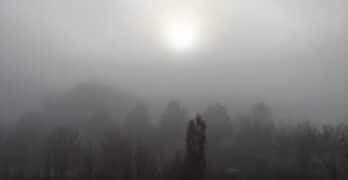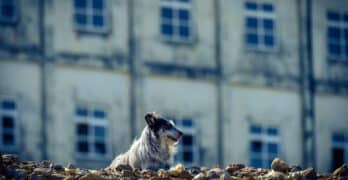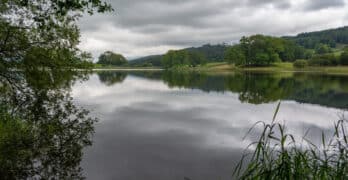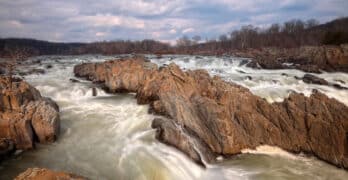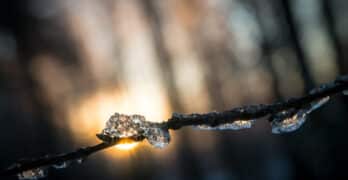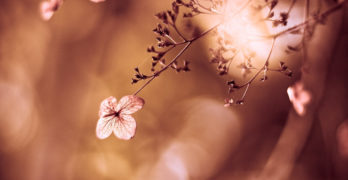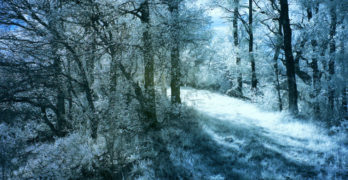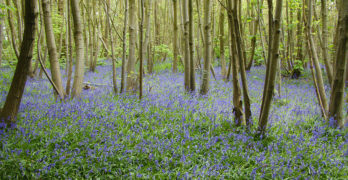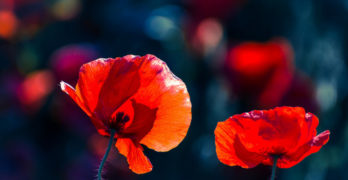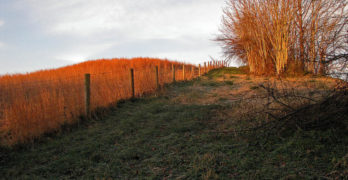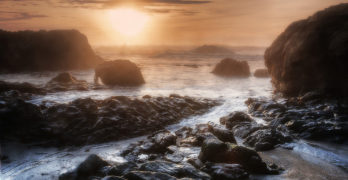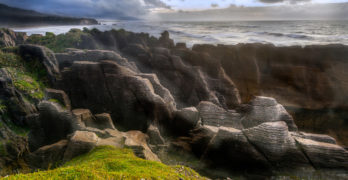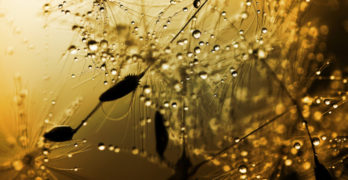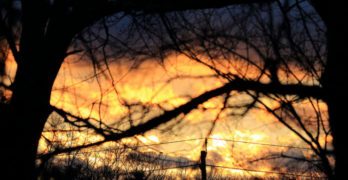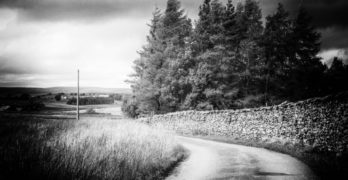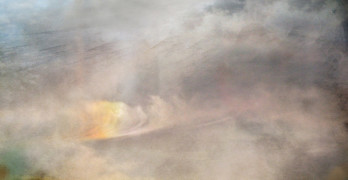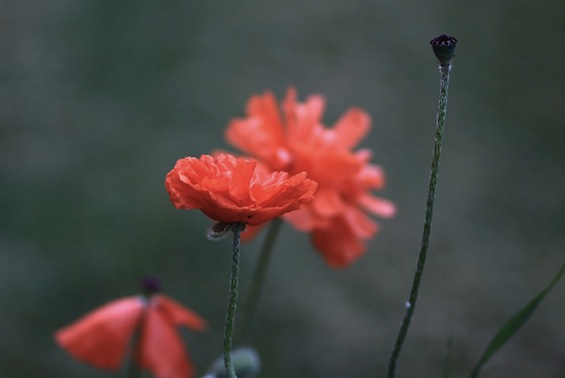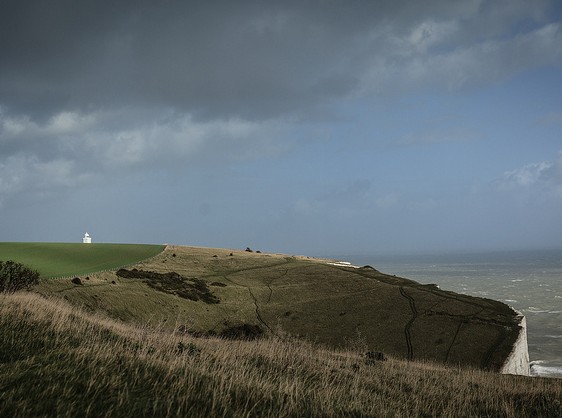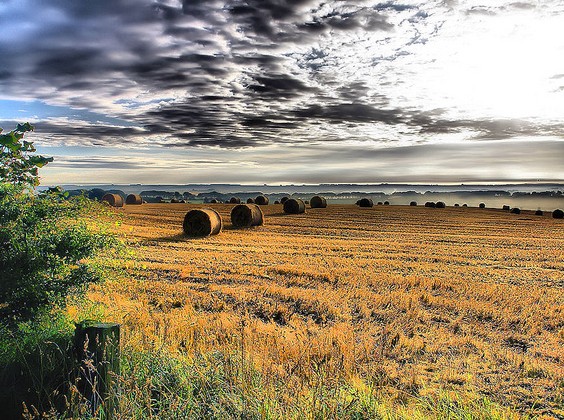With “In Parenthesis,” David Jones wrote great World War I poems and a classic in English literature.
War Poets and Poems
Meet a variety of war poets and read war poems, including some surprising names like C.S. Lewis and Mary Borden.
Includes World War I poets and poems, plus the American Civil War. Also, discover the most famous poem of World War I!
World War II Had Its Poets, Too
It wasn’t just World War I. Two anthologies illustrate the prolific outpouring of poetry during World War II.
Poems to Listen By: Buoyancies—3:Flashbacks
There is no excerpt because this is a protected post.
Poets and Poems: Robert Schultz and “Into the New World”
In “Into The New World: Poems,” Robert Schultz create unforgettable images of war, violence, art, and nature.
Poets and Poems: Julien Vocance and “One Hundred Visions of War”
“One Hundred Visions of War” by Julien Vocance uses the haiku form to deliver a powerful picture of war.
J.D. McClatchy Tells the Story of the Civil War — in Poetry
“Poets of the Civil War” by J.D. McClatchy is a small volume that manages to capture the magnitude of the American Civil War.
C.S. Lewis: World War I Poet
In 1919, C.S. Lewis published a volume of poetry under a pseudonym. The collection reflected his experiences in World War I.
“Robert Graves” – A Biography of a War Poet by Jean Moorcroft Wilson
Jean Moorcroft Wilson’s new biography of war poet Robert Graves allows the reader to walk in his shoes and understand his poetry and his odd personal life.
Poetry, World War I, and Armistice Day
World War I is the war most closely associated with poetry; poetry characterized the war, and the war changed poetry unlike any war before or since.
World War I: Mary Borden – Nurse, Novelist, Poet
American Mary Borden married a missionary, financed a hospital in World War I France, had an affair, published novels — and wrote poetry.
Using Poetry to Reflect Upon the Civil War – Part 3: Walt Whitman
Walt Whitman celebrated the beginning of the Civil War, like many Americans on both sides. But as it dragged on, he — and his poetry — changed.
Alan Seeger: The American Poet in World War I
One of the most famous poems to emerge from World War I was written by an American. Alan Seeger wrote “I Have a Rendezvous with Death” shortly before he died.
Francis Ledwidge: Reconsidering a War Poet
Irish poet Francis Ledwidge is not one of the better known poets of World War I, because he was an Irishman who fought for the British Army.
The Walt Whitman Award: “Afterland” by Mai Der Vang
In “Afterland,” winner of the Walt Whitman Award, poet Mai Der Vang explores what happened to the Hmong people after the Vietnam War.
Poetry and World War I: It Wasn’t Only England
“Everything to Nothing” by Geert Buelens provides a fascinating look into the breadth and depth of the role poetry played in World War I.
Now All Roads Lead to France: Robert Frost’s Regrettable Poem Surprise
Within the single poem “The Road Not Taken” is a whole relationship; in it, one sees the way that relationship unfolded for Edward Thomas and Robert Frost.
Charles Sorley and the Poetry of World War I
Charles Sorley (1895-1915) was a poet whose “When You See Millions of the Mouthless Dead” was one of the best-known poems of World War I.
The World War I Poets in the War
Max Egremont’s “Some Desperate Glory” combines history, biography and poetry to describe the World War I that the war poets experienced.
Poets and Poems: Siegfried Sassoon and “The War Poems”
Poet Siegfried Sassoon survived World War I and went on to a successful literary career, but he is best remembered for “the War Poems.”
The Poems the Soldiers Read in World War I
World War I was a conflict made for poetry, and it made a lot of it. But what did the soldiers themselves read?
